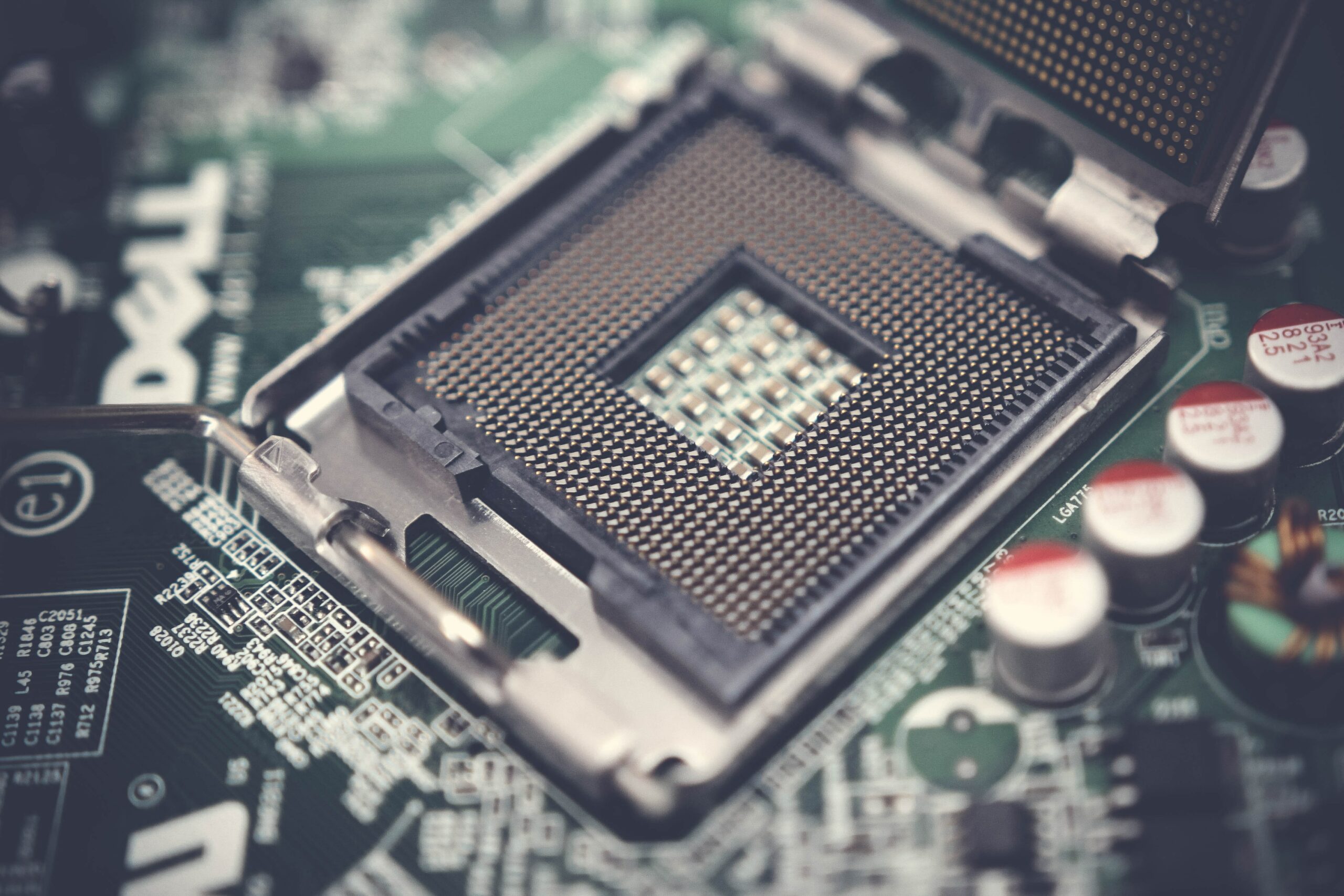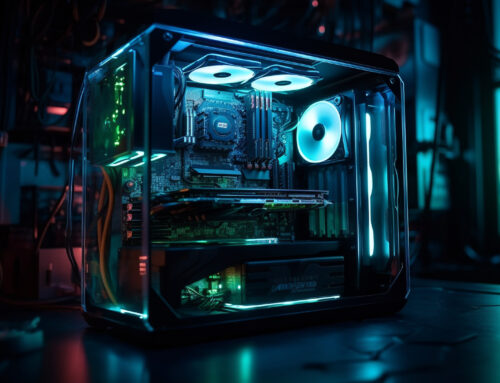Intel vs AMD Processors
Comparing Intel and AMD processors can be a difficult task. It’s important to consider the type of applications you’ll be using the processor for when making a decision.
Intel CPUs tend to provide better gaming performance, while AMD chips usually offer better multi-threaded performance for creative tasks such as video editing.
Ultimately, neither processor is necessarily “better” than the other; it all comes down to which one best meets your computing needs.

What’s the difference?
AMD processors are typically more cost-effective than Intel ones, but they often don’t have the same level of energy efficiency. They make an ideal choice for those looking to build on a budget or who can accept a slight decrease in performance in exchange for savings.
When it comes to price, AMD processors have historically been more affordable than Intel processors.
In general, even today, AMD processors are still a bit cheaper than Intel processors. But when it comes to specific models, the prices can vary depending on the features and performance levels.
What are Cores and Threads?
CPU cores are like separate processing units inside a computer’s brain. Each core can work on a different task at the same time. The more cores a CPU has, the more tasks it can handle at once, making it faster and more efficient.
Threads in a CPU are like different tasks that can be worked on at the same time within the same core. Each core can handle several threads, which means it can work on several tasks at once.
These are particularly useful for tasks that involve lots of processing, such as video editing, gaming, or scientific simulations.
Entry Level, Mid-Range and High End
If you’re looking for an entry-level processor to carry out basic tasks, such as web browsing, document editing or even light gaming, then Intel Core i3 12300 or AMD Ryzen 3 5300G could be good options.
Both of them offer four cores and eight threads but the Ryzen 3 5300G has a higher base clock speed at 4.3GHz as opposed to the i3 12300’s 3.3GHz. If you require something cheap and reliable, either one of these processors will do the job perfectly.
The Intel Core i5 12600 and the AMD Ryzen 5 7600X are both mid-range processors that offer improved performance compared to entry-level models.
The i5 12600 has 6 cores and 12 threads. The Ryzen 5 7600X also features 6 cores and 12 threads, but with a higher base clock speed of 4.7GHz over the i5’s 3.3GHz.
Boost clock speed of the i5 is 4.4GHz which is lower than the Ryzen’s 5.3GHz. Either of these processors can provide ample power for gaming and productivity needs in a mid-range price range.
If you want a high-end processor that can handle intensive tasks such as video editing and 3D rendering, then the Intel Core i7 12700 and the AMD Ryzen 7 5700G are both great choices. The i7 12700 features twelve cores and 20 threads. That being eight performance cores and four efficient cores.
The Ryzen 7 5700G has eight cores and sixteen threads. The base clock speed of the i7 12700 is 2.1GHz, lower than the 3.8GHz of the Ryzen 7 5700G.
Additionally, the Intel processor has a slightly higher boost clock speed of 4.6GHz compared to 4.5GHz from its rival.
At the top-tier of the PC processor market, both the Intel Core i9 13900KS and the AMD Ryzen 9 7950X provide unmatched performance.
The former has 24 cores, with 8 P-cores & 16 E-cores and 32 threads, while the latter is equipped with 16 cores and 32 threads alongside a base clock speed of 4.5GHz, higher than the 3.2GHz on the i9 13900KS but lower than its 5.9GHz turbo clock speed.
Professional users in need of ultimate power for tasks like video editing and gaming will want to consider these processors as worthy options!
Should you buy AMD or Intel?
When it comes to deciding on a processor, you may find yourself pondering the pros and cons of AMD versus Intel. They both have a range of options available at various cost levels, so making the best choice can be difficult.
Your budget is probably the most important to keep in mind when choosing between AMD and Intel processors, which can cost anywhere from £200 to over £500. Make sure you are aware of your financial limits before commencing the purchase!
If you’re a casual user who just wants to surf the web and check email, then a lower-end AMD or Intel processor should be able to meet your needs.
If you’re an advanced user who do things like video editing or gaming, then you’ll need a more powerful processor that can easily handle those activities.
It’s worth noting that many individuals prefer one brand to the other for various motives. Intel is commonly thought of as trustworthy and dependable, whereas AMD is usually seen as presenting more value for money.
Have you been struggling to find the perfect processor for your set-up? Let us help you!
Techfident is here to make your life easier. Our team of experts will make sure you get the best advice and flawless service every time.
Save yourself the headache of complex research and contact us today.




